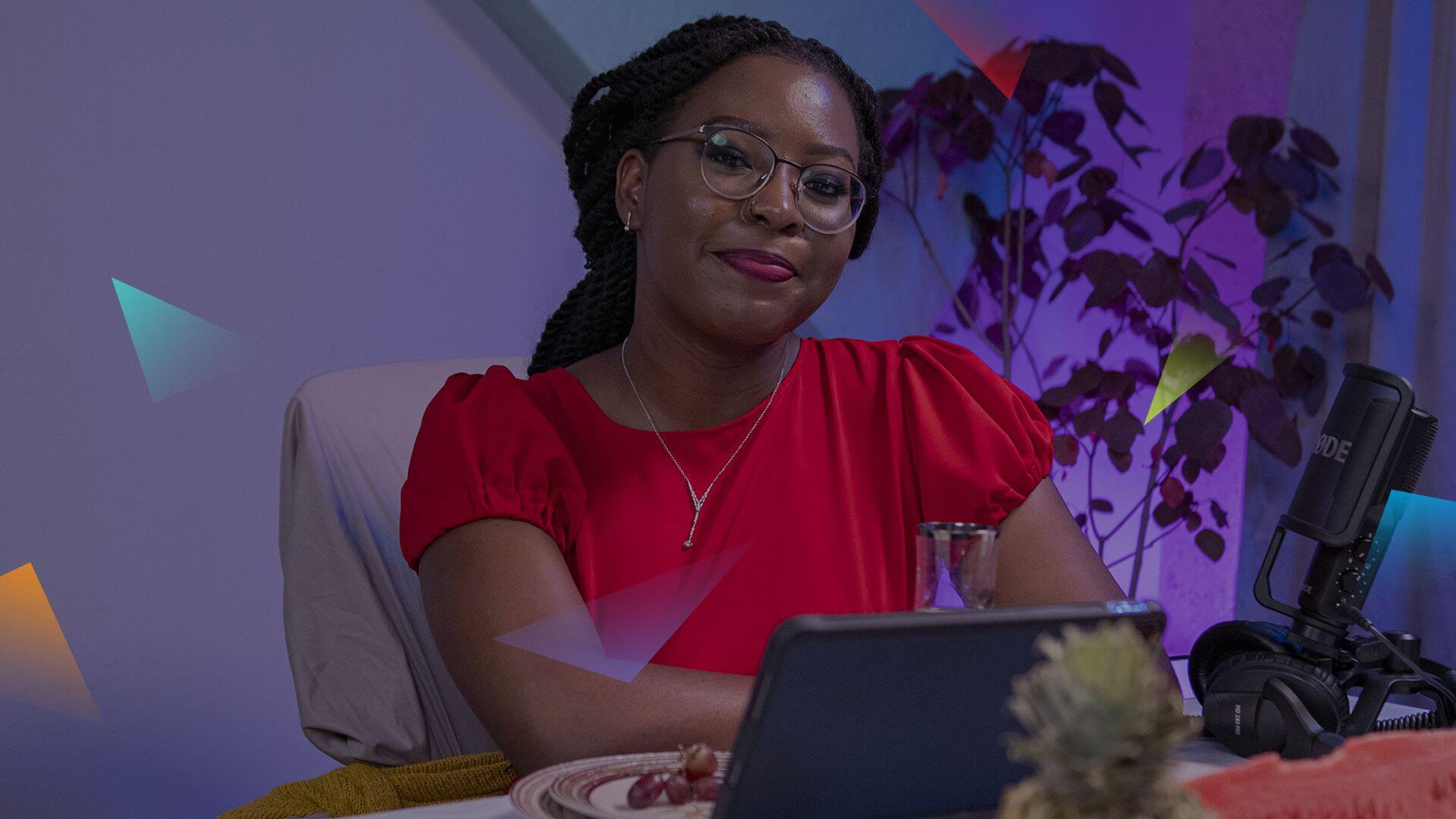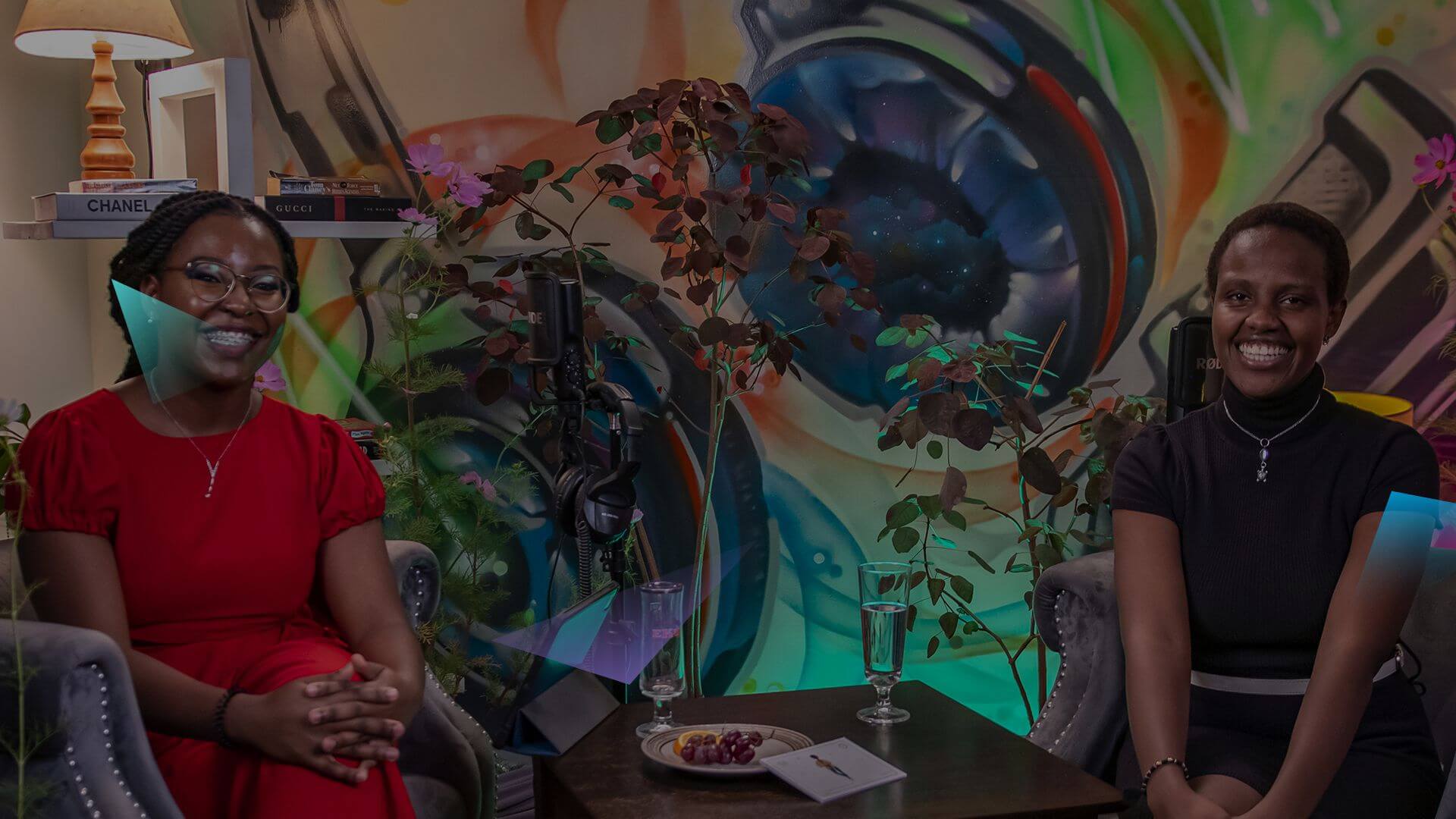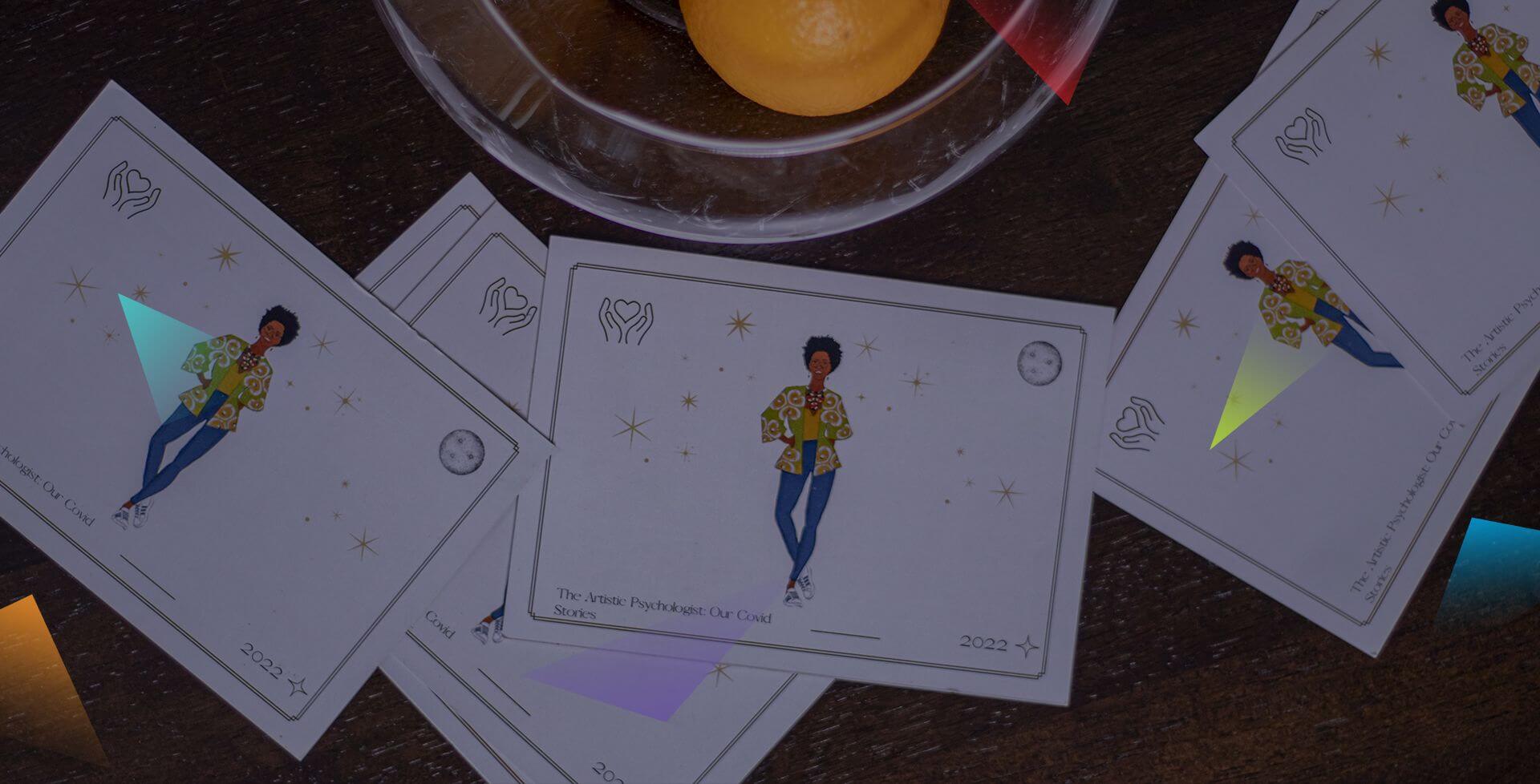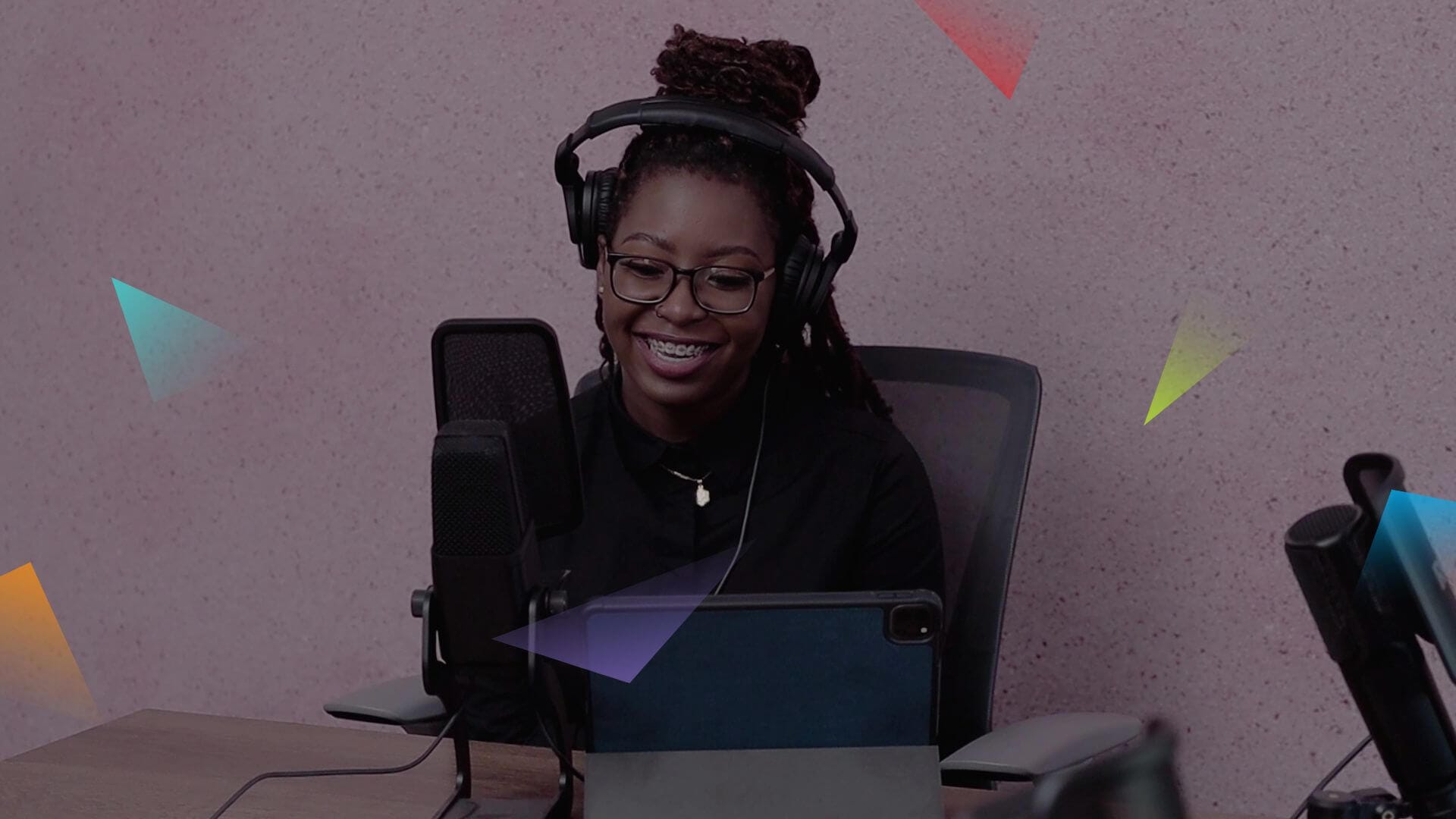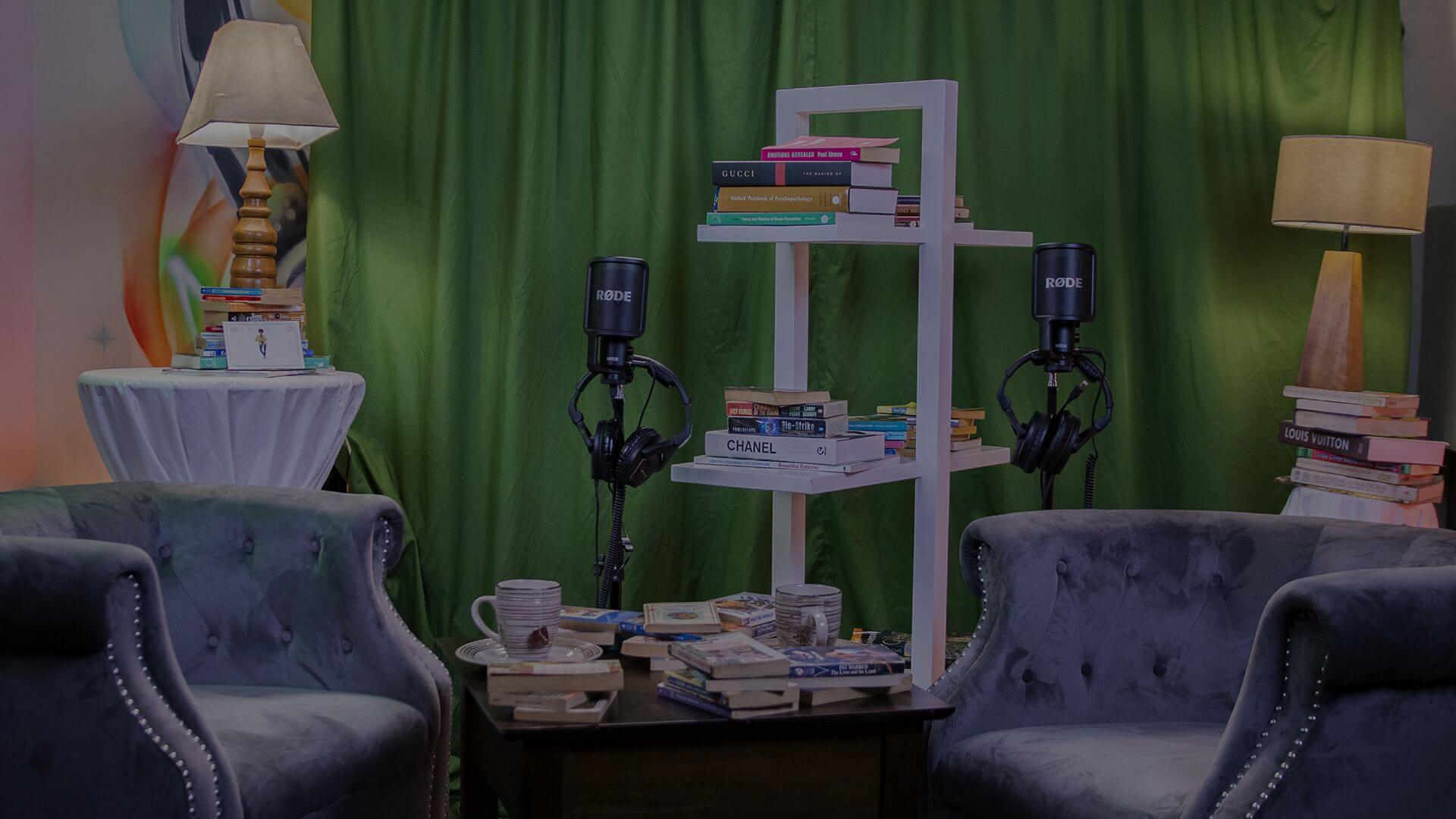Please read this disclaimer before reading this story.
DISCLAIMER: In this series, we will be covering stories on Toxic and abusive relationships. This may be a triggering topic for some. This particular story mentions toxic behaviour such as instances of emotional manipulation. It also mentions several instances of mental distress as a result of a toxic environment . Kindly remember to be mindful of your mental well-being and that of others when reading and sharing this story.
I changed over time while working at Ofisi and didn’t realise it until small things started coming to me. I told myself I needed to pause and sit with myself because things were not going well. I feel like I had dissociated from some stuff because I don’t want to recall them.
My love for research went down the drain. There was a time I went on study leave for about a week, and I did nothing in that period. I just watched TV. Even my attitude towards work was very negative. I did not think of it in a positive light and about how I was helping vulnerable children with what I was doing. Every morning I would wake up, roll my eyes and go, “Gosh, I have to do this again. Let’s go make this bread, I guess.”
I got to a point where even my coping mechanisms were terrible. On Fridays, I would go out and get lit. On Saturdays, I would put my phone on Do Not Disturb and Aeroplane mode. I didn’t want to be contacted at all. I didn’t want to go outside. I just wanted to sleep, hoping that the sleep would make me feel better. It did not. I also became a hater. I saw the negative in everything; I had no gratitude for anything. I always had something to complain about. That was my day-to-day.
A friend of mine gave me a wake-up call when she told me she felt like she was losing her friend. I knew my workplace had changed me, and I was aware of certain things, but hearing it from a different person – someone on the outside – made it more real for me.
It is members of my family who saw the hugest change in me. Everyone in my family noticed how I had changed, but how they communicated it differed. My dad didn’t say anything as I was going through it, but he did afterward. I used to vent to my siblings so much that they knew the entire team at work. Any opportunity I would get, I ran to them. I used to cry all the time. I became stand-offish to my family. I was always ready to snap, prepared for a fight. This was because the environment at Ofisi was charged. If you did anything, even something small, you had to be ready to defend yourself. My mum would see me shivering because I was freezing, and if she told me to wear a sweater, I’d be livid. “Why are you telling me to wear a sweater? Why?”
My mum pointed out my changes to me in a very gentle and caring way. She didn’t tell me outright that she thought it was my workplace changing me. She asked me to go through my life and see what was wrong. Considering how on edge and irate I was then, it took me some time to internalise that, but once I did, I could see what she was saying. I remember crying and my mum just hugging me. Even small things like cooking became different. I love cooking, but my dishes became mediocre. I love making bread from scratch, making naan, and just experimenting and making bespoke cuisine, but I started putting in zero effort. I would put in the bare minimum effort.
Around the election period, I thought to myself, “What am I doing here?”
I was working from home a lot, and when you’re working from home, it’s good to have some discipline. At first, I had it, but towards the tail-end of my time at Ofisi, I absolutely lost it. One of the things I had vowed to myself with my career was that I would never do my work without any passion. I started muting myself during meetings or work calls and would be scrolling on Instagram. When it clicked that I had lost it that was it. There was a time I was literally on the loo, taking a dump, and I had muted myself on a work call. That was one of the defining moments that made me realize I was done. But I was also scared because of the uncertainty of whether or not I would get another job if I left Ofisi. I was also working on my master’s degree and wanted to finish it. It was a lot. Eventually, I resigned.
From the outside, Ofisi looked like they were very supportive of their staff. They had mental health breaks, but how can you have mental health breaks if that is the exact environment making me lose it? Part of our medical aid would cover therapy costs, even though the aid was not sufficient. All these structures were in place, but in reality, it was nonexistent. We were reminded time and again that our managers were there to support us, but the same managers who should have been there for us were the ones who gossiped about us to senior management and other staff members. If you took a mental health break, you still received emails or WhatsApp messages. The implementation of the support structures made it feel like we had none at all.
I have a memory of a work trip we took out of town. I remember calling a friend in the middle of my workday crying. When we returned to town that evening, I told my manager I’d like to take the next day off duty. She agreed but told me I still needed to submit a certain application. I could not believe it. I was exhausted; my mental health was in the pits. I thought to myself, was that even a day off if I still had to work? I had been bawling during the entire trip, I hadn’t eaten the whole day, and she was still telling me to work on my day off? This happened a week before I quit.
Where I am currently working, my manager is very understanding if I am struggling with my mental health and asked to take an afternoon off, it is not deducted from my annual leave days.
The hardest part of speaking about my experience at Ofisi is that, at times, I feel like I’m exaggerating – but I am not. My experiences there and those of other former employees of that establishment are the same. We would be mocked for small things, like buying clothes from Gikomba. The organisation and our founder have this reputation for doing certain things and helping people, but that place brought me down to my knees. There was a lot of ageism as well. I’d hear ‘Gen Z’ all the time. I was constantly told, “You’re a Gen Z; you don’t know what to do.” Or, “You guys are very unstable.” These are things that I would be told even in front of donors and external partners. I often wondered how anyone was supposed to have faith in our organisation if my colleagues didn’t even have faith in me.
Boundaries are essential in any job I work in the future. I need respect in terms of work emails and the workload as well. I got off WhatsApp, and I am ok with it because my current workplace said they do not understand why work should be communicated there. If we are doing work, all our communication is via email or Slack. Different team members work in different time zones, but if I see a Slack notification come in at, say, 11 pm my time, I am not expected to respond there and then. I am allowed to respond to it the next day during my working hours. My current manager even asked me about that. She proposed that she should schedule her Slack messages so that I see them during my morning hours. She did not want me to see messages coming in at night and feel obliged to respond.
Another thing that’s important to me is not being micromanaged. My entire career has been about writing. At Ofisi, I always had someone over my shoulder telling me how to do the smallest things, for example, how to construct sentences. This is not to say that Iam resistant to advice and criticism; I just need someone to show that they trust me enough to know that what I am doing is good. My current workplace is good at providing support where and when you need it and showing that they trust you to represent the organisation well.
Something else that may seem small is checking in on people. It’s not enough to spend five minutes before a meeting asking people how they are doing and then barely listening to what they have to say. My current workplace has a culture of genuinely checking in on people. My manager, for example, will genuinely tell me how she is doing and feeling, and I can do the same. I think it adds a sort of human connection.
These things I am experiencing at my current job make me feel good and safe. I’m not worried about job security because there is no gossip culture. If something is happening in another team, we will be briefed. I am not on edge. Recently, they let go of someone, and it was an open discussion with the person. They tried to give her other opportunities to join another team that would work better for her. It wasn’t a matter of, “I don’t like you; you’re out,” which is what we experienced at Ofisi.
Seeing so many people leave Ofisi was scary in terms of job security. If one of the ‘higher-ups’ didn’t like your personality, they would find faults. It could be the slightest mistake like you arrived at work once at 9:05 a.m. instead of 9:00 a.m. and you’d be labelled as someone who’s not punctual.
I took so long updating my LinkedIn at this new job. I have a better contract, but I kept thinking to myself, I should take my time updating my LinkedIn in case nothing came after my six months probation. Our HR lady reassured me that as much as they were calling it probation, I was doing a good job. She urged me to update my profile.
With Ofisi, I was not supposed to take leave while on probation. I remember bringing it up with the HR lady at my new job, asking if I could take some time off around my birthday, and she literally asked me, “How bad was Ofisi?” She told me that even on probation, it’s my legal right to get some time off work.
I got promoted before my time at Ofisi was up, and I was not even happy about it. I didn’t even celebrate. I told myself, “I’ll use that promotion to my advantage when applying for my next job,” which is exactly what I did. As much as I was promoted, my pay was not equal to the other person who held the exact same position as I did. I remember she was excited for me and my promotion, and I told her how much I was earning, and she was shocked. She asked me why they were paying me less than her.
I have never loved any HR person before, but I really like the one who works where I currently work. It is the small things like asking me which of my names I would prefer to go by professionally and ensuring that went on my business cards and all official communication. Before I started, she asked me about my salary expectations, and when I told her, she called me and asked whether the figure I gave was gross or net. I told her it was gross, but the net pay far exceeded my expectations when my offer came. They are paying me so much more, which made me realise that hitherto, I had been undervaluing my work.
I cried a lot when I got my offer letter because these were things I had on my vision board at the start of the year. I wanted to work for an international organisation and grow my income by twice the amount I was already earning. The offer I got at the new job met these goals exactly. The new job already affirmed that they have my best interests at heart because they were not trying to cut me short.
During the interview process, I was keen on trying to gauge how the work environment would be. There is another organization I interviewed with, and I also got offered the job, but they were giving me bad vibes. They didn’t bother to respond when I told them I was not taking the offer. It justified what I was feeling a bit. The person who would have been my manager there was quite cold, and I wondered how I could be working a remote job and not feel any warmth? There also seemed to be few opportunities for growth there, which is another big thing for me. Where I’m working, they cover my coaching because they believe I should grow as a person, even if I am working for them.
In my first interview at my current organisation, I mentioned that I have a generalised anxiety disorder (GAD), so I sometimes get really anxious. They told me that it is good for me to maintain a work-life balance, so whenever I need to take a step back because I’m having anxious moments, I should communicate. I was told, “At the end of the day, we love what we do here, but we also value you as a person.”
The hardest thing is gaslighting your emotions, wondering if you are making things up or blowing things out of proportion. These thoughts are like, “Yeah, it’s bad, but all of us are going through this.” My advice to everyone out there is that they should believe in themselves. Don’t tell yourself that at least you have a job. No, validate your feelings.
If I had validated my feelings earlier on, probably it wouldn’t have been as bad. I know I can withstand things, but also, have I been put on this earth just to prove I can withstand hardships?
Also, speak about it. Many people have gone through it, but at the end of the day, follow your heart. I talked to some people who would tell me things like, “You’re so young. Do you even know what suffering is?” They’d tell me about their experiences as wives/husbands or parents with children. But those were their experiences, not mine. These were my issues and my experiences. So as much as you talk to other people, listen to yourself and know your feelings are valid.

